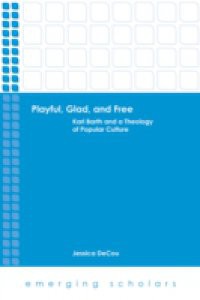Литмир - Электронная Библиотека > DeCou Jessica (EN) > Playful, Glad, and Free

| Playful, Glad, and Free
Чтобы оставить свою оценку и отзывы вам нужно зайти на сайт или зарегистрироваться | |||||||||||||||||||||||||||||||||||||||||||||||||||||||||||||||||

| Playful, Glad, and Free
Чтобы оставить свою оценку и отзывы вам нужно зайти на сайт или зарегистрироваться | |||||||||||||||||||||||||||||||||||||||||||||||||||||||||||||||||